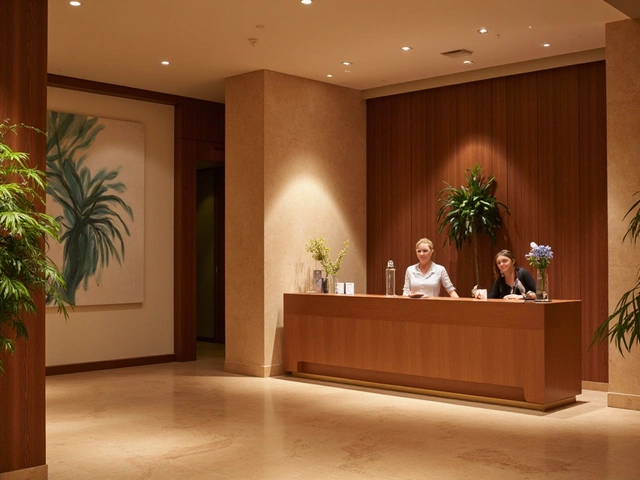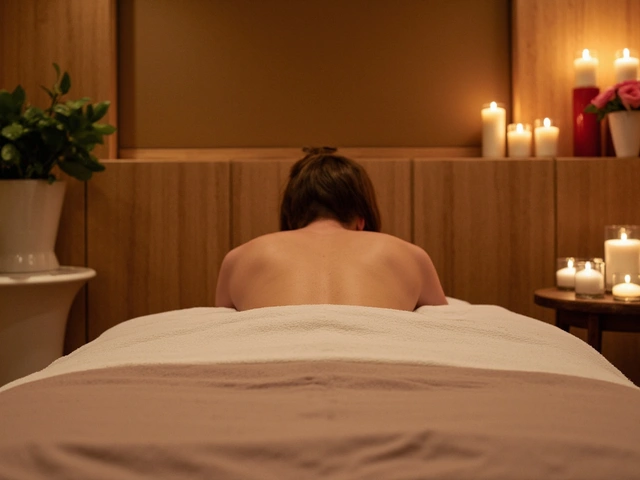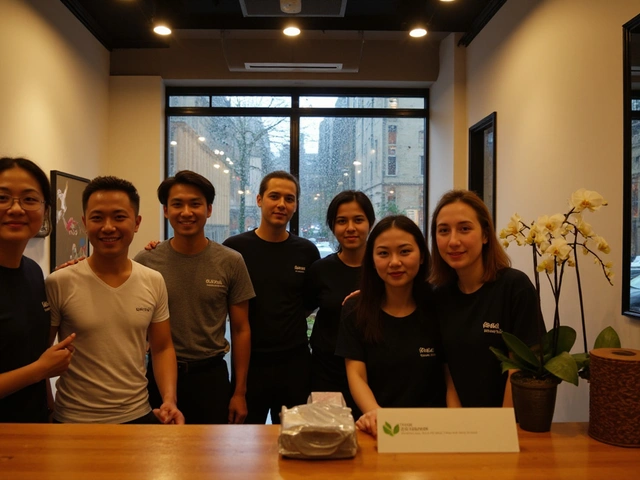Maternity Massage in London – What Every Expecting Mom Should Know
Pregnancy brings a lot of changes, and a good maternity massage can ease the aches, improve sleep, and lower stress. It’s not just a luxury; it’s a simple way to support your body and baby as you move through each trimester.
Why Try a Maternity Massage?
Targeted strokes help reduce lower‑back pain, swollen ankles, and tension in the shoulders—common complaints for moms‑to‑be. The gentle pressure also boosts circulation, which can help with swelling and improve mood by releasing feel‑good hormones.
How to Find a Safe and Skilled Prenatal Therapist
Look for a therapist who lists “prenatal” or “pregnancy” on their profile and has completed a specific training course. Ask if they use special pillows or cushions, and verify they understand contraindications like high‑risk pregnancies or certain medical conditions.
Read recent reviews on local London boards and ask friends or your midwife for recommendations. A short phone call can reveal whether the therapist is comfortable adjusting techniques as your belly grows.
When you book, mention your due date and any specific aches you’re dealing with. A good therapist will tailor the session—using side‑lying positions after the second trimester, for example—to keep you comfortable and safe.
During the session, you’ll likely lie on a padded table with extra bolsters supporting your knees and belly. Expect gentle, flowing strokes on the back, hips, legs, and arms. Therapists avoid deep pressure on the abdomen, focusing instead on relaxing surrounding muscles.
Wear loose, breathable clothing. Many clinics provide a light sheet, but you can also bring your own top if you prefer. If you’re nervous about exposure, let the therapist know—you’ll be draped properly at all times.
Stay hydrated before and after the massage. Drinking water helps flush out toxins released by the massage and reduces the chance of feeling light‑headed when you stand up.
Typical costs in London range from £60 to £100 for a 60‑minute session, with discounts for repeat bookings. If you’re on a budget, look for therapist‑run studios outside central zones—they often charge less while maintaining high standards.
Most professionals recommend a massage once a month during pregnancy, increasing to every two weeks in the third trimester if you’re dealing with intense discomfort. Consistency can keep muscle tension low and improve sleep quality.
After the session, give your body a few minutes to rest. Light stretching, a short walk, or a warm shower can extend the benefits. Avoid heavy meals or vigorous exercise immediately after, as your muscles are relaxed and more susceptible to strain.
In short, a maternity massage is a practical tool to help you feel better day‑to‑day. By choosing a qualified therapist, preparing with simple steps, and listening to your body, you can enjoy a safer, more comfortable pregnancy while living in the vibrant city of London.
Pregnancy massage in London has become a favorite way for expectant mums to beat stress and soothe those classic aches. This guide covers how these massages work, why they're safe, how to find trained therapists across London, and what you can expect from your first session. Learn about prices, tips for booking, and which places get top reviews. If you're wondering whether pregnancy massage is worth a try or has real benefits, you’ll get all the info you need here. Ready to make your pregnancy just a little bit easier?
Read More




